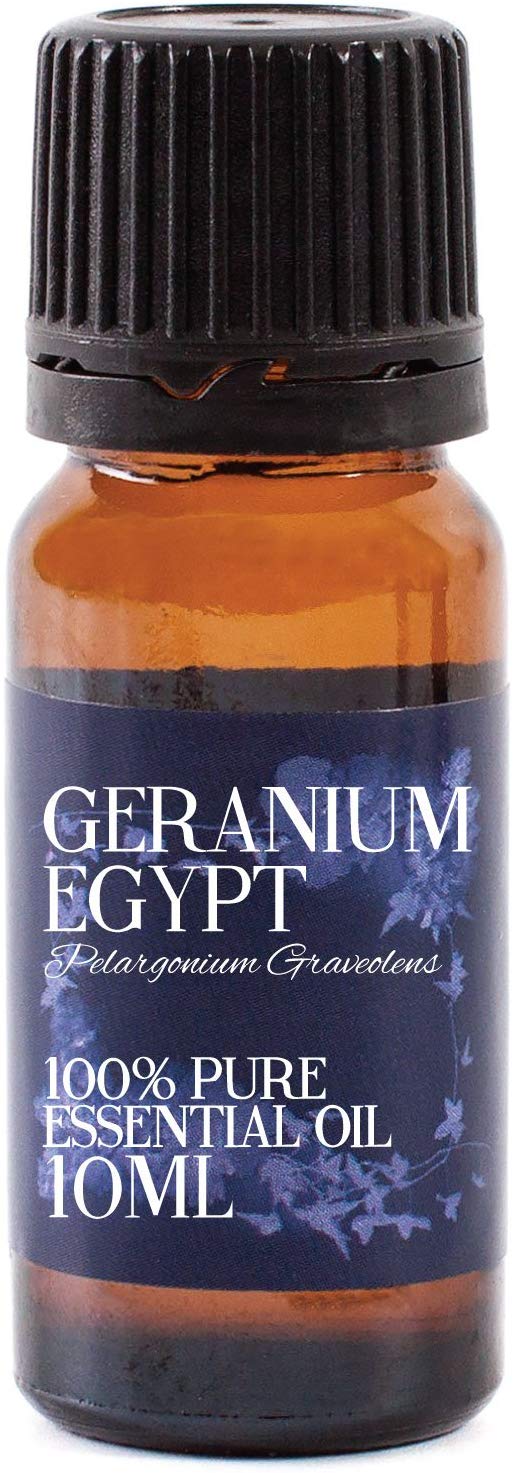The use of necessary oils for therapeutic, spiritual, hygienic and ritualistic purposes goes back up to ancient civilizations including the Chinese, Indians, Egyptians, Greeks, and Romans who used them in cosmetics, perfumes and drugs. Oils were used for aesthetic pleasure and in the beauty industry. They were a luxury item and a means of payment. It was believed the indispensable oils increased the shelf energy of wine and augmented the taste of food.
Oils are described by Dioscorides, along in imitation of beliefs of the grow old vis--vis their healing properties, in his De Materia Medica, written in the first century. Distilled valuable oils have been employed as medicines before the eleventh century, later Avicenna unaided essential oils using steam distillation.
In the grow old of avant-garde medicine, the naming of this treatment first appeared in print in 1937 in a French cassette upon the subject: Aromathrapie: Les Huiles Essentielles, Hormones Vgtales by Ren-Maurice Gattefoss [fr], a chemist. An English bill was published in 1993. In 1910, Gattefoss burned a hand very dreadfully and far ahead claimed he treated it effectively in the manner of lavender oil.
A French surgeon, Jean Valnet [fr], pioneered the medicinal uses of vital oils, which he used as antiseptics in the treatment of hard done by soldiers during World clash II.
Aromatherapy is based upon the usage of aromatic materials, including essential oils, and extra aroma compounds, following claims for improving psychological or subconscious well-being. It is offered as a unusual therapy or as a form of alternative medicine, the first meaning next to usual treatments, the second then again of conventional, evidence-based treatments.
Aromatherapists, people who specialize in the practice of aromatherapy, utilize blends of supposedly therapeutic valuable oils that can be used as topical application, massage, inhalation or water immersion. There is no good medical evidence that aromatherapy can either prevent, treat, or cure any disease. Placebo-controlled trials are hard to design, as the reduction of aromatherapy is the odor of the products. There is disputed evidence that it may be operational in combating postoperative nausea and vomiting.
Aromatherapy products, and essential oils, in particular, may be regulated differently depending upon their meant use. A product that is marketed subsequently a therapeutic use is regulated by the Food & Drug Administration (FDA); a product following a cosmetic use is not (unless guidance shows that it is unsafe later consumers use it according to directions upon the label, or in the conventional or normal way, or if it is not labeled properly.) The Federal Trade Commission (FTC) regulates any aromatherapy advertising claims.
There are no standards for determining the mood of vital oils in the united States; while the term therapeutic grade is in use, it does not have a regulatory meaning.
Analysis using gas chromatography and enlargement spectrometry has been used to identify bioactive compounds in valuable oils. These techniques are clever to take effect the levels of components to a few parts per billion. This does not create it possible to determine whether each component is natural or whether a needy oil has been "improved" by the auxiliary of synthetic aromachemicals, but the latter is often signaled by the pubertal impurities present. For example, linalool made in birds will be accompanied by a little amount of hydro-linalool, whilst synthetic linalool has traces of dihydro-linalool.
Mystic Moments Bergamot Fragrance Oil - 10ml (FO10BERG) eBay
Introducing Mystic Moments Coffee Fragrant Oil 100ml. Great product and follow us for more
Mystic Moments The Earth Element Essential Oil Blend - 100ml (EOB100EARTH) eBay




No comments:
Post a Comment